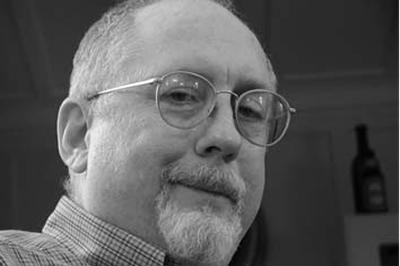May 15, 2003
Medical ethics and casualties
Dr. Kenneth Kipnis, professor of philosophy at the University of Hawaii at Manoa, will be on campus Thursday, May 22, to speak on “Overwhelming Casualties: Medical Ethics in a Time of Terror.” The lecture begins at noon in room T-739 of the Health Sciences Center, and is free and open to the public. The Department of Medical History & Ethics in the School of Medicine is the sponsor.
Hospitals use a number of practices to deal with sudden surges in patient load. At the lowest level, clinicians go to “bypass” or “divert,” and direct ambulances to facilities nearby. When disasters saturate the carrying capacity of all community hospitals, the least seriously and most seriously wounded will be set aside, and vital resources will be allocated only to patients who are most likely to derive the greatest benefit. What is not commonly understood is that this second strategy, called”disaster triage,” can also be overwhelmed. Kipnis’ presentation will explore the limits of our preparedness for bioterrorist events and how medicine could be organized to deal with them.
The speaker earned his Ph.D. from Brandeis University in 1972. At the University of Hawaii, he specializes in bioethics, legal philosophy and ethical theory. His writings and interests have touched on ethical and legal issues in newborn intensive care, research on children, blackmail, plea bargaining, conflicts of interest, waived-consent trials, and the foundations of professional ethics. He has done on-the-floor clinical consultation at several hospitals in Hawaii, served as an expert witness in ethics-related legal cases, and developed ethics curricula for the University of Hawaii Schools of Nursing and Medicine. He was a visiting senior scholar at the American Medical Association during 2001-2002.
For further information, contact Marilyn Barnard, manager of the department’s Continuing Education Program at 206 616-1864 or via e-mail at mbarnard@u.washington.edu.



